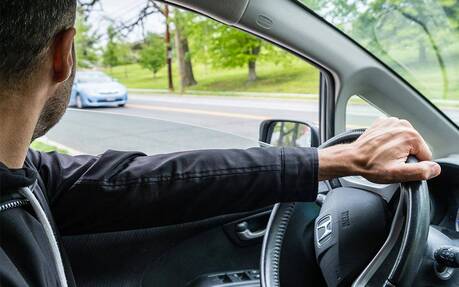Autonomous Cars Would Only Prevent a Third of Accidents
A new U.S. study is shining a not so bright light on autonomous vehicles, which are often hailed as a miracle solution to eliminate driver error and achieve zero casualties on the road.
According to the Insurance Institute for Highway Safety (IIHS), the same organization that performs crash tests south of the border, they might prevent only around a third of all crashes.
- Also: Apple Co-founder has Given up on Fully Autonomous Cars
- Also: Which Countries are the Most Prepared for Autonomous Cars?
While analyzing over 5,000 police-reported cases from the past few years, researchers found that driver error was ultimately responsible in more than 9 out of 10 crashes, yet only about a third of those crashes were the result of mistakes that automated vehicles would be expected to avoid.
“It’s likely that fully self-driving cars will eventually identify hazards better than people, but we found that this alone would not prevent the bulk of crashes,” says Jessica Cicchino, IIHS vice president for research and a coauthor of the study.
In order to prevent the other two-thirds of accidents, autonomous cars would need to be specifically programmed to prioritize safety over speed, convenience and rider preferences, the IIHS suggests.
These cars would have to be better than human drivers in every way—better at detecting and anticipating dangers, adapting to road conditions, making smarter decisions and, yes, driving more slowly every time.
In 2018 in Arizona, an Uber test vehicle killed a pedestrian on the side of the road because it struggled to identify her and predict that she would cross in front of the vehicle. It was too late to execute the correct evasive manoeuvre.
The IIHS also points out that some crashes are unavoidable, such as those caused by a vehicle failure like a broken component. And in a future where all the vehicles on the road are autonomous, their sensors, radars and other systems might fail, too.
